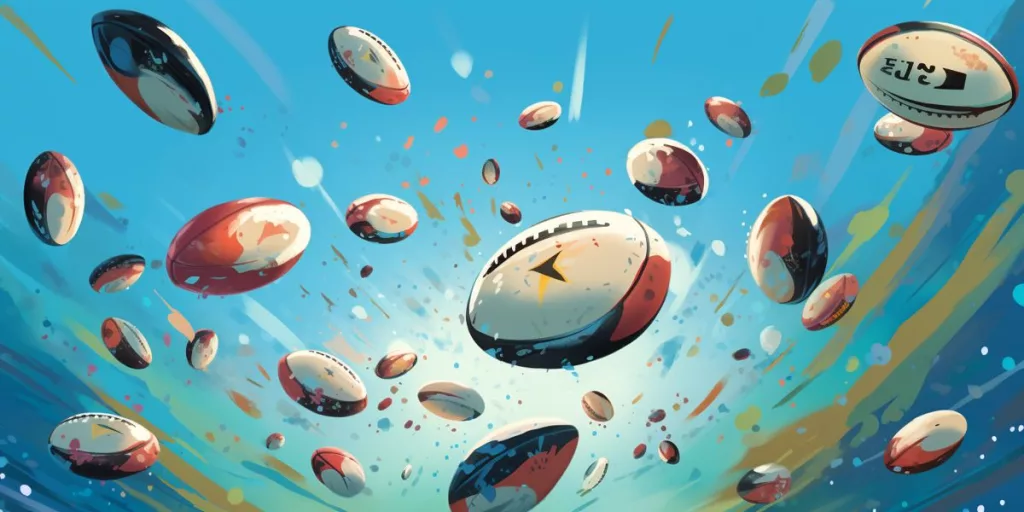Global rugby is set to undergo a revolutionary transformation with the upcoming debut of a groundbreaking international tournament in 2026. The joint effort of SANZAAR and Six Nations Rugby aims to reinvigorate the sport and secure its longterm viability while integrating traditions and forging a new path. However, there are critics who argue that the governance structure prioritizes established interests over the sport’s expansion. Despite this, the tournament promises to weave an engaging narrative and draw in new fans, but the future of rugby and its stakeholders’ priorities remain uncertain.
Tom Foley, a respected rugby referee, has retired from officiating Test rugby following online backlash he received for his judgements during the 2023 Rugby World Cup final. This decision highlights the immense pressures and demands faced by sports professionals and their families. Despite stepping back from Test rugby, Foley plans to continue contributing to the domestic league of English rugby, emphasizing his unwavering dedication and passion for the sport. Foley’s decision to prioritize his family during these difficult times is commendable and serves as a reminder that sports professionals have personal lives and aspirations that should be respected.
Sam Cane, the former captain of the All Blacks and current Sungoliath rugby team member, suggests that the All Blacks should consider adopting the Springboks’ selection method of using players based overseas. Cane acknowledges the challenges faced by overseas players but emphasizes the importance of continual improvement in gameplay. He also recognizes the delicate balance between preserving traditions and embracing innovations in rugby and the need to maintain the mentormentee relationship between experienced and young players. Cane’s insights have incited serious reflection on the structure of New Zealand rugby.
Former All Blacks captain Sam Cane has suggested an overhaul of New Zealand Rugby’s eligibility norms to maintain a stream of promising talent within the country. He highlights the need to balance national allegiance and individual career paths, taking inspiration from the South African Springboks’ skill for smoothly transitioning their players between League One and international rugby. Cane’s observations add an intriguing layer to the ongoing dialogue about the future of international rugby, highlighting the complex predicament of preserving national heritage and accommodating individual ambitions.




